5 Reasons Why Petrol Prices Should Be Higher
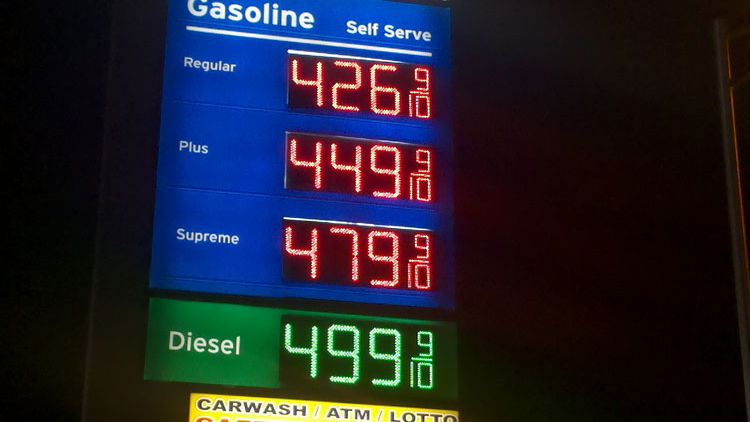
I take full responsibility for the bucketloads of hate I’m going to get over this article, especially since I’m writing this from the United States where petrol prices are currently averaging about $1.60 per gallon. If that’s not enough to hate me, know that I just did a 3000-mile road trip in a 255bhp Infiniti I35 and spent only about $170 in gas. For the record, yes that made me very happy.
That said, I had lots of time to think on that trip, and it brought me to a surprising conclusion. Lower petrol prices certainly help people in the short-term, but what about long-term? Obviously there’s the immediate benefit of having more cash in our pockets to spend, and lower transportation costs should mean lower prices for the goods we buy.
But I’ve yet to see those lower prices in stores, nor have I seen much of a change in airline fares. And as for that extra cash we save directly from lower pump prices, it somehow seems to get spent on trivial things anyway. So that begs the question - are we really better off with lower petrol prices? Short-term can be better if we’re smart with how we use the extra cash, but long-term we’re going to be worse off in many ways.
1. Oil is a finite resource
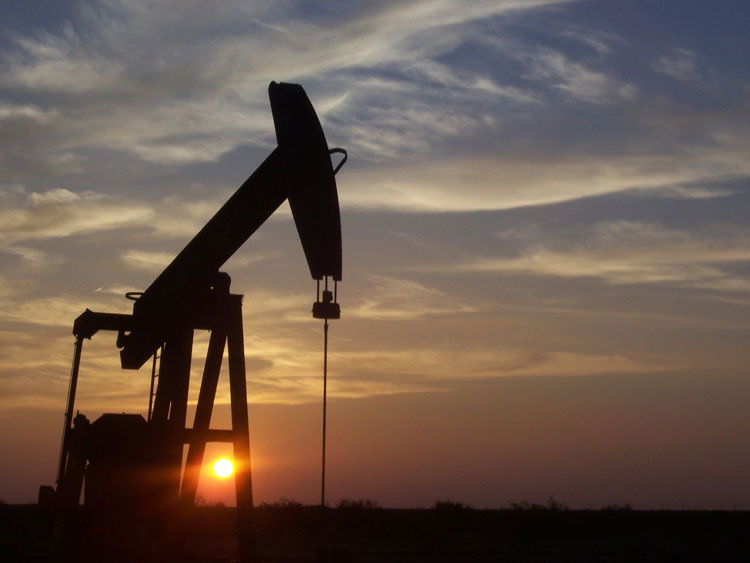
Like it or not, some day there isn’t going to be any more oil. Whether that’s in 20 years or 200 years, the fact remains that oil will eventually be used up, and without oil there’s no petrol. Higher prices now will at least encourage more frugality, extending the supply while science figures out a way to ween us off this stuff.
2. Fewer cars on the road

Higher petrol prices mean people drive less, carpool more, and that leads to fewer cars on the road. Now you can take this a couple different ways, the obvious being that fewer cars on the road creates less greenhouse gas emissions, letting us all breathe better while also saving the planet.
Given that this is a car site filled with people who love to spew emissions (myself included) let me paint this another way. Fewer cars on the road means less traffic, less traffic means fewer traffic jams and reduced congestion, and all of that means you can go faster and farther without all the road rage.
3. Leads to better engines
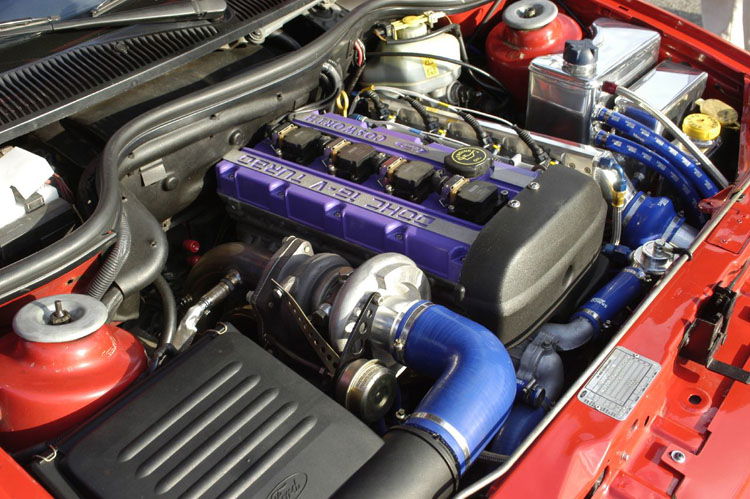
You know the awesome high-revving, small-displacement engines everyone loves? The first oil crisis back in the 1970s was a major catalyst in moving them forward. That’s not to say they didn’t exist prior, but the threat of limited oil supplies served to seriously kick start manufacturers into finding more efficient ways to make power. And yes, that also means you can thank high petrol prices for the widespread use of turbochargers we enjoy today.
4. Drives the demand for alternative / better fuel sources
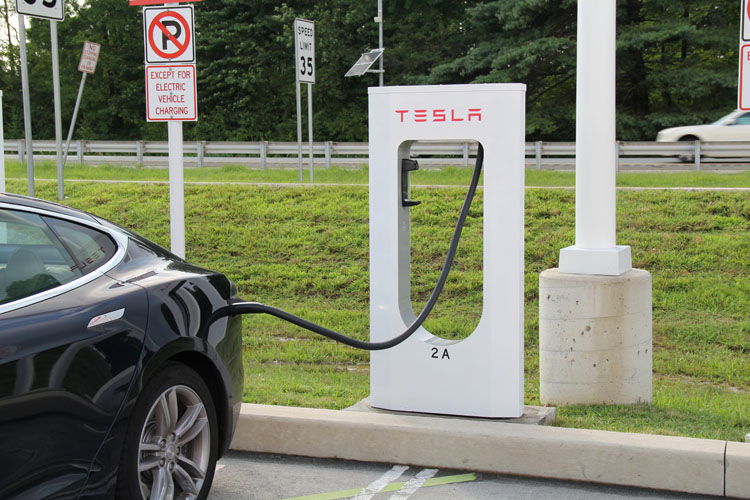
As a fuel source for engines, petrol is terrible. The best gasoline engines generally have an efficiency rating of around 30 per cent. That means only 30 per cent of the total energy contained in the fuel is actually being used to generate useful power; the remaining 70 per cent is going to waste. As long as petrol is convenient and cheap, there won’t be much motivation to develop alternative fuel sources.
Meanwhile, electric motors operate at 90 per cent efficiency while producing more usable power in a much simpler design. If petrol prices get terrifically expensive, you can bet we’ll start seeing some rapid developments in electric power. That’s definitely not a bad thing for those of us who like to go fast.
5. Forces people to live smarter and leaner
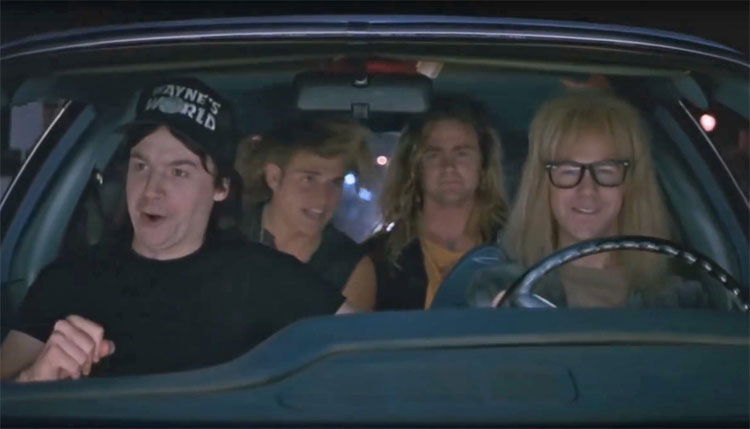
When petrol prices are high, people must adjust their entire lifestyle to compensate. I know it’s blasphemy to make such claims on a site devouted to the art of driving, but living a leaner lifestyle with constraints and budgets is a good thing - especially in the automotive world. In fact, such measures often lead to a better quality of life because the excess is stripped away, leaving people to focus on the things that really matter.
I’m getting way too philosophical here, so let me just try to sum it up like this: The original Star Wars movie was awesome because George Lucas had limited budgets and resources to work with. When those constraints disappeared with The Phantom Menace, the film was crap because Lucas lost sight of what mattered. Translated to cars, that means we drive a little less but enjoy our time behind the wheel even more. It means we don’t chuck our limited funds at massive stereo systems, but invest in upgraded suspension components or engine tweaks. This leaner-is-better concept is something I believe most people understand, but don’t necessarily want to accept as something that can make life - even car life - better.
That’s why I’m just fine with petrol prices going bonkers. It hurts in the short-term, but we’ll all be better off in the long run.
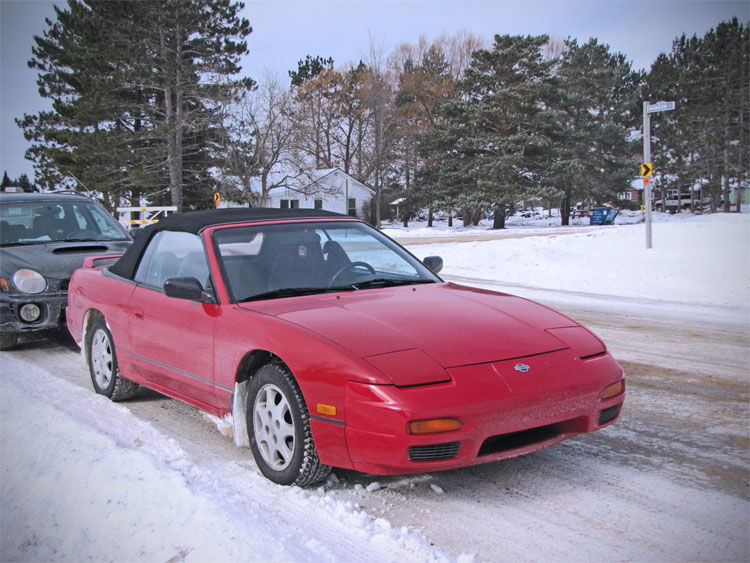
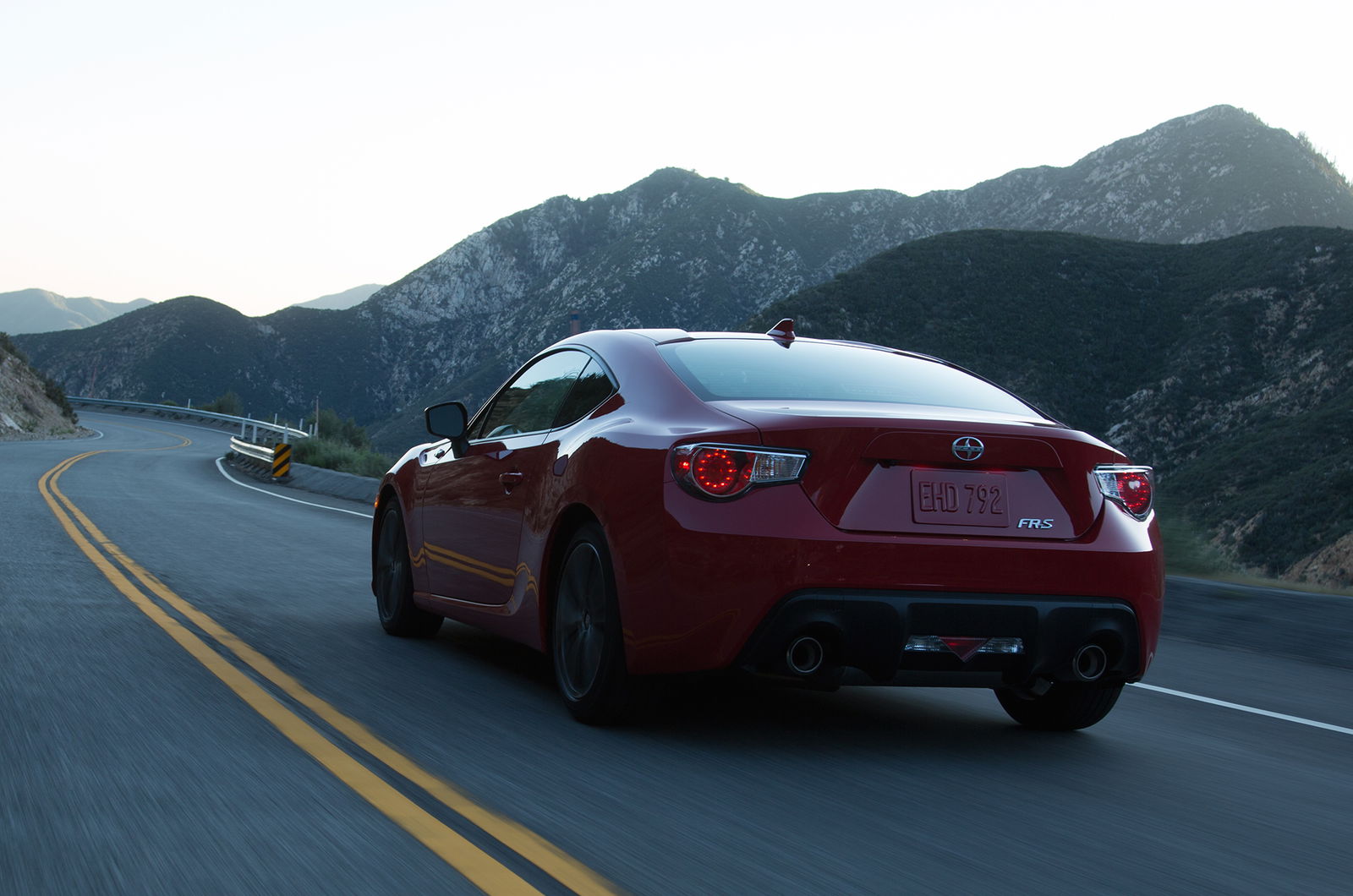






Comments
The only thing is, while poor people won’t have the money to fuel up weekly anymore, rich people will, which often are driving higher consumption engines. So all that is really doing is making life harder for some, while others can continue on their day as normal.
Number 2 may not work as you think it would, at least for the “less traffic” part. Here in Brazil, gasoline is pretty expensive (I don’t feel like converting prices and volumes right now), much more expensive than in the US (in a minimum wage to gas price ratio), and in our biggest city, São Paulo, from what I know, we have some of the longest traffic jams on the world.
Here in egypt u can have a fuĺl tank of gasoline for 25 dollars, and people complain about that price #3rd_world_problems
I hated US fuel prices while there on holiday! $30 to near enough fill the tank! $30 here in the UK would get me about 17 litres of V Power. I need to move!!
Not to mention here in Canada where our economy relies heavily on oil, and cheap prices are wrecking our dollar… so car parts from the states are super expensive.
I appreciate your sentiment here, but I live in Alberta, Canada and we are the heart of this oil crisis. I don’t give a crap about “living leaner” my provinces entire economy essentially collapsed overnight. Low gas prices are a very thin icing on the cake to this. Here in AB, it’s as “lean” as it can get and I assure you life is not better, it’s significantly worse. Your cheap gas means over 10,000 layoffs here
I think you might be onto something, but we should still enjoy the low prices while they last
Big applause on this one, Chris.
Signed,
Self-considered environmentalist who owns two old cars
In Hong Kong, a gallon of petrol costs around $7, you are lucky to get a parking spot undet $300/month, the vehicle registration fee for petrol car under 1500cc is over $500/year
And huge traffic jams are guaranteed every single day on all main roads
Pagination